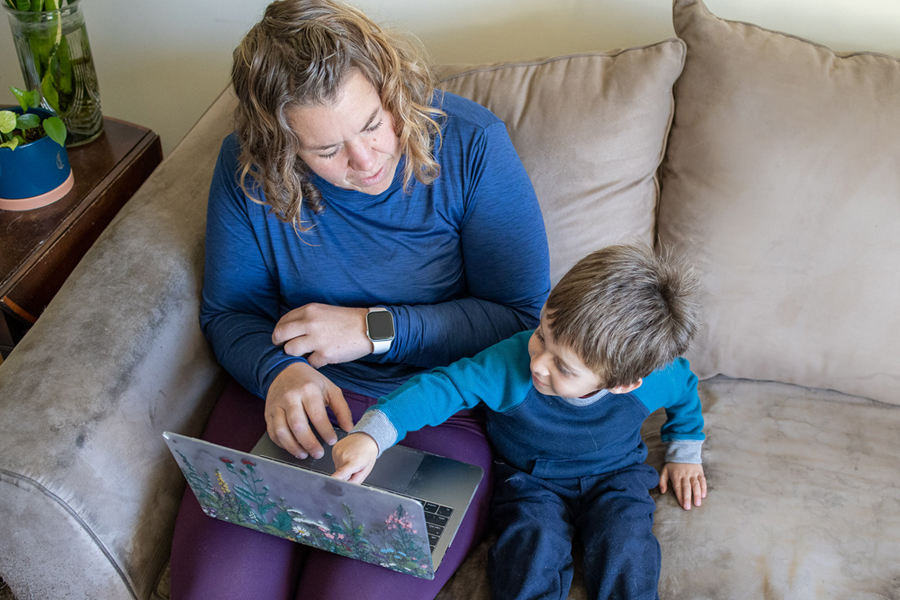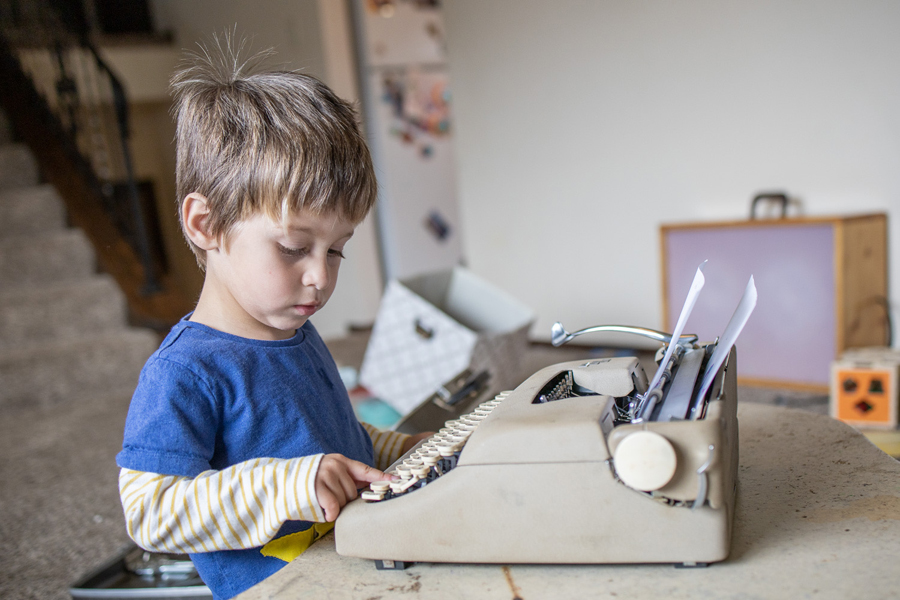Wild Wonders | Saturday, April 27

Wild Wonders | Saturday, April 27

By Alix Tonsgard, MS, Early Learning Specialist, DuPage Children’s Museum
Throughout this pandemic I’ve seen endless articles and posts about adults and children that are e-learning experiencing Zoom burnout, but little about the toddlers at home with their parents as they work from home. If you have a child under the age of 5 you might also be hearing some of the things I’ve been hearing from the little one in my house: “Stop talking, Alix. Don’t do a meeting, Alix. Is it done? Not yet? No, don’t do that.” Interestingly, this is a recent development which suggests to me that this little guy is experiencing a different type of Zoom burnout. He is tired of me being here but not fully available to him.

When I started to think about his behavior in relation to his developing brain, a few things occurred to me. At the beginning of shut down we talked a lot about how things like the gym, museum, and playground were closed because of the virus and how we were making certain changes to our lives to keep everyone safe. Once he seemed to adapt to our new way of living, much of this talk stopped. We still prep him for mask wearing situations but that’s the extent of our virus talk these days. But even in the height of our virus conversation period, we never talked about why I was home or what our day would look like with me home. In the event that he was not engaged in a solo activity or with my partner, our conversations were all just in the moment right before I needed a chunk of time to complete a task or take a call or “do a meeting.”
Like most people, we were existing in survival mode and adjusted to that as our new normal. As I type this I am shaking my head at myself because the early childhood educator in my brain knows exactly why this reactionary behavior was not helping him or me. Let me highlight the word reactionary.
Structure, routine, predictability, and feeling some sense of control are all incredibly important to young children. We worked really hard to keep his routine consistent and predictable but as I struggled to adjust to my new routine, I overlooked how important knowing what my structure and routine would be in helping him feel secure. Again, I found myself in a place where I was providing other people with strategies, suggestions, and little tidbits about child development all about the importance of rituals and routines, but failing to recognize that they were missing in an important part of my own life.
This oversight on my part is not a reflection on my experience with young children or my knowledge of child development. It is a reminder that we are all humans living through something that is really hard while trying to raise tiny humans which is also really hard. We are all doing the best that we can and sometimes the thing that is right in front of our face is the hardest to see.

So, you might be wondering what I have done now that I have had this epiphany. I took this as an opportunity to not only put into place strategies in my own household to support the little one in my life, thereby easing some of the added stress I was experiencing, but also to develop tools to share with others.
Creating a workspace for your child can be one helpful tool. Make sure it’s well stocked with open ended materials your child can use on their own. Materials and tasks that are fine motor focused tend to require more concentration and can keep children engaged for longer periods of time. Things like hole punchers, child scissors, stickers, and washi tape are all great options.
If you would like to join me and other caregivers having similar experiences to problem-solve and walk through more strategies that will help when you need to “do a meeting” or “go to work” in the other room, check out my new Parent PlayShop courses HERE. I have taken everything that I know about child development, my years as a toddler and preschool teacher, and my experience as a working caregiver with a toddler to create something that can really help if you put in the work. I hope you will join me. And remember, you are amazing, pandemics are hard, toddlers are really hard, and together we will get through this.
——————————————–
About Alix
Alix Tonsgard is the Early Learning Specialist at DuPage Children’s Museum. She holds an MS in Child Development from the Erikson Institute. Acting as the Museum’s advocate for early childhood development and learning, she ensures that the latest research in Early Childhood Education is represented in all Museum exhibits, professional development initiatives, and public programs.

